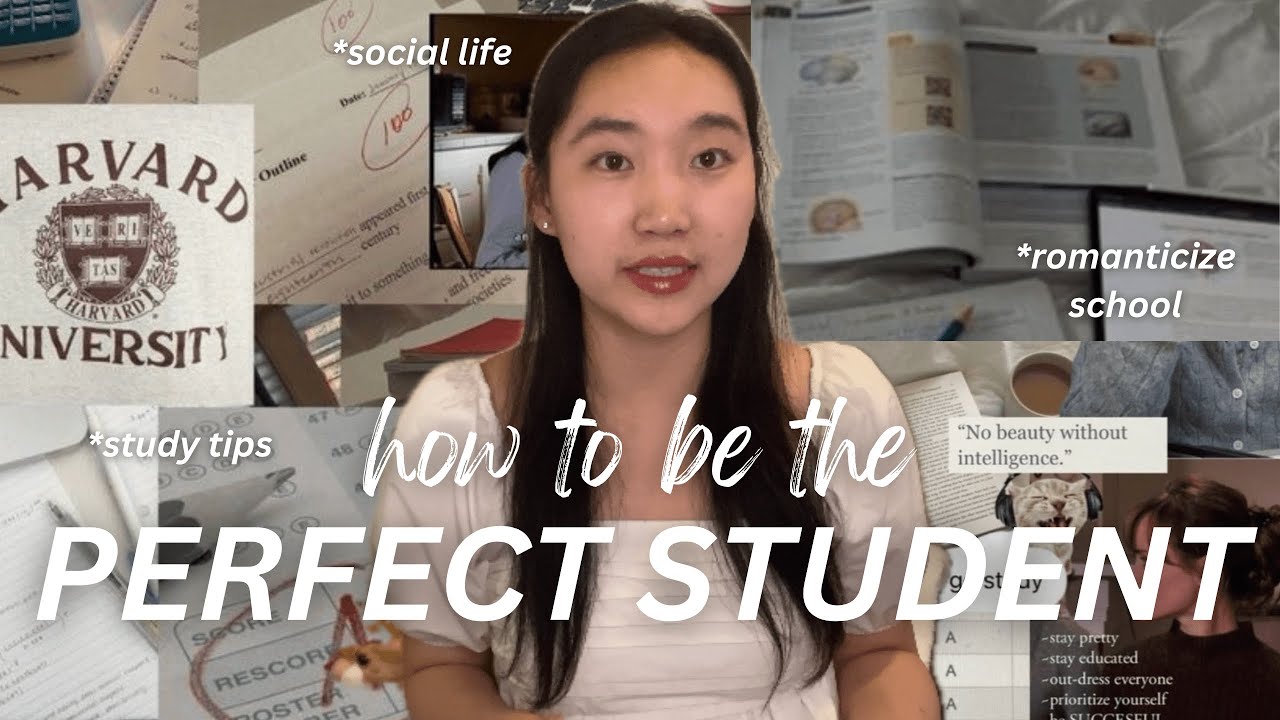大學生存秘笈大公開:學業成功、交友樂趣、宿舍生活等等
Summary
TLDRThis video offers comprehensive advice for incoming university students, focusing on academic success and social integration. The speaker shares personal insights, emphasizing that university is manageable with the right approach. Key points include understanding academic rules, engaging with professors, and valuing time management. The video also encourages students to be proactive in making friends, join clubs, and enjoy the university experience. Additionally, it provides practical tips for dorm life and the importance of self-discovery during this transitional phase.
Takeaways
- 🎓 University isn't as hard as it's often made out to be, and it's a place to grow and learn at your own pace.
- 📚 Understanding the academic system and knowing the requirements for your degree is crucial for success.
- 🧠 University education is more about applying knowledge and critical thinking rather than rote memorization.
- 🤝 You're smarter than you think; use your intelligence and don't be intimidated by others' achievements.
- 💡 Work smart by using tools and resources to enhance your learning and productivity.
- 👩🏫 Build relationships with professors; they can provide valuable guidance and support throughout your academic journey.
- 🙋♀️ Don't be afraid to ask questions in class; it shows engagement and helps clarify your understanding.
- ⏰ Time management is key in university; take control of your schedule to ensure you meet your academic goals.
- 📈 Proofread your work multiple times to refine your ideas and improve the quality of your assignments.
- 🌐 Consider attending summer or winter school to gain credits, experience new cultures, and enhance your university life.
- 📈 Grades are important but not the sole focus in university; balance academic performance with personal growth and social life.
Q & A
What is the speaker's major in university?
-The speaker's major is in the field of Social Sciences and Arts, specifically Communications and Global Creative Industries.
How does the speaker compare the difficulty of university to high school?
-The speaker believes that university is not as hard as they initially imagined, and they think that high school, particularly IBU, might be more challenging than university for them.
What advice does the speaker give about understanding the academic system in university?
-The speaker advises to know the rules of the game, do research, and understand what you want to achieve from your university experience.
Why is it important to know the requirements for exchange programs or graduation?
-Knowing the requirements helps in planning your academic path, ensuring you take the necessary courses and maintain the required GPA to meet those goals.
How does the speaker feel about the shift from memorization to application and critical thinking in university?
-The speaker finds the shift enjoyable because it allows for creativity and challenging ideas, rather than just memorizing facts.
What is the speaker's opinion on the importance of making an impression on professors?
-The speaker believes it's important to make professors know you, as they can provide significant help in your academic trajectory, such as writing reference letters and giving advice.
Why should students not be afraid to ask questions in university?
-Students should not be afraid to ask questions because professors are eager for engagement, and asking questions is part of the learning process.
What is the speaker's advice on time management in university?
-The speaker suggests managing your time well, taking the right courses at the right time, and ensuring you graduate on time.
How does the speaker view the importance of grades in university compared to high school?
-The speaker believes that grades are less important in university than in high school, as they only matter in relation to specific goals one wants to achieve.
What is the speaker's suggestion for making friends in university?
-The speaker suggests making an effort to socialize, joining clubs, and participating in dorm life as ways to make friends.
Why does the speaker encourage saying 'yes' to more things in university?
-The speaker encourages saying 'yes' to new opportunities to make the most of the university experience and to explore new aspects of life.
What is the speaker's advice for those moving into a dorm?
-The speaker advises not to bring too many things and to be yourself, as it's important to find your community and thrive in your environment.
How does the speaker describe the university experience?
-The speaker describes the university experience as a transitional phase of self-discovery, independence, and learning, which is both challenging and beautiful.
Outlines

Cette section est réservée aux utilisateurs payants. Améliorez votre compte pour accéder à cette section.
Améliorer maintenantMindmap

Cette section est réservée aux utilisateurs payants. Améliorez votre compte pour accéder à cette section.
Améliorer maintenantKeywords

Cette section est réservée aux utilisateurs payants. Améliorez votre compte pour accéder à cette section.
Améliorer maintenantHighlights

Cette section est réservée aux utilisateurs payants. Améliorez votre compte pour accéder à cette section.
Améliorer maintenantTranscripts

Cette section est réservée aux utilisateurs payants. Améliorez votre compte pour accéder à cette section.
Améliorer maintenantVoir Plus de Vidéos Connexes

Sobrevivir al Primer Cuatrimestre en la Universidad: 6 consejos

Right Form Verb শেখার ব্যতিক্রমী System | ০৭ এ ০৭ পাবে সহজে। HSC English Grammar

What They Don't Tell You About German Universities (It's Serious)

HOW TO BE THE PERFECT STUDENT | study tips, organization methods, social life, romanticize school

Подкаст для абітурієнтів "Жартома-серйозно" №10. Фінальний випуск.

All About Engineering ! | Kl university vijayawada | Telugu college vlogs | #kluniversity #telugu
5.0 / 5 (0 votes)
